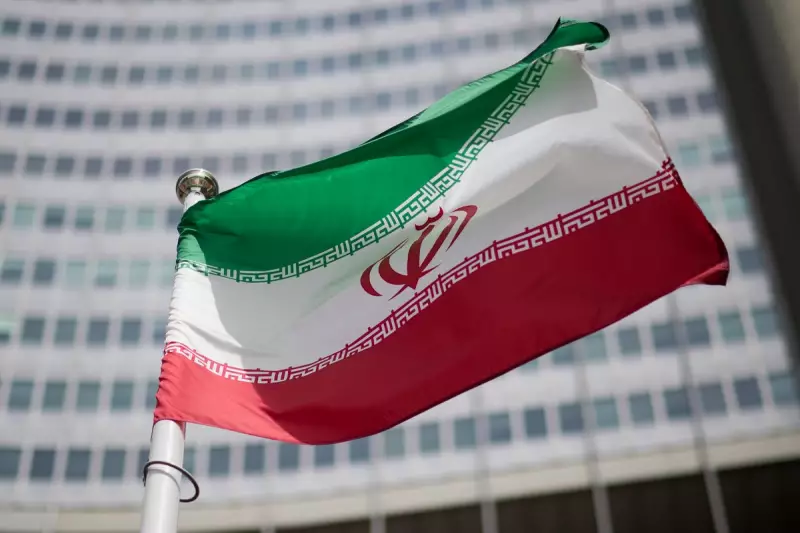
In a dramatic escalation of diplomatic tensions, Iran has formally activated the contentious 'snapback' mechanism within the 2015 nuclear accord, a move that could lead to the swift reinstatement of all United Nations sanctions previously lifted under the agreement.
A Calculated Diplomatic Gambit
The Islamic Republic's bold manoeuvre directly challenges the United States' authority to trigger the same mechanism last year. Tehran argues that since Washington unilaterally abandoned the Joint Comprehensive Plan of Action (JCPOA) in 2018 under the Trump administration, it forfeited any legal standing to invoke the agreement's provisions.
This development signals a potentially catastrophic collapse of the landmark nuclear deal, which was painstakingly negotiated by world powers to curb Iran's nuclear capabilities in exchange for sanctions relief.
International Reactions and Implications
Israeli officials have responded with alarm, characterizing Iran's action as "dangerous" and warning that it could provide Tehran with a pathway to rapidly advance its nuclear weapons programme. The timing is particularly sensitive, occurring amidst stalled negotiations in Vienna aimed at reviving the agreement.
European signatories to the deal—France, Germany, and the United Kingdom—face a complex diplomatic dilemma. They must now navigate between upholding the agreement's integrity and addressing legitimate non-proliferation concerns regarding Iran's nuclear ambitions.
What the 'Snapback' Mechanism Means
- All UN sanctions lifted under the original 2015 deal would be automatically reinstated
- An arms embargo on Iran would be reimposed
- Restrictions on ballistic missile technology would resume
- Numerous Iranian individuals and entities would face renewed asset freezes
The Road Ahead
The UN Security Council now has thirty days to vote on a resolution to continue sanctions relief. However, any permanent member could veto such a resolution, potentially triggering the automatic return of sanctions. This situation creates a precarious standoff that could further isolate Iran diplomatically while simultaneously undermining non-proliferation efforts in the region.
As diplomatic channels strain under the pressure, the future of the nuclear agreement hangs in the balance, with significant implications for Middle Eastern stability and global security architecture.





